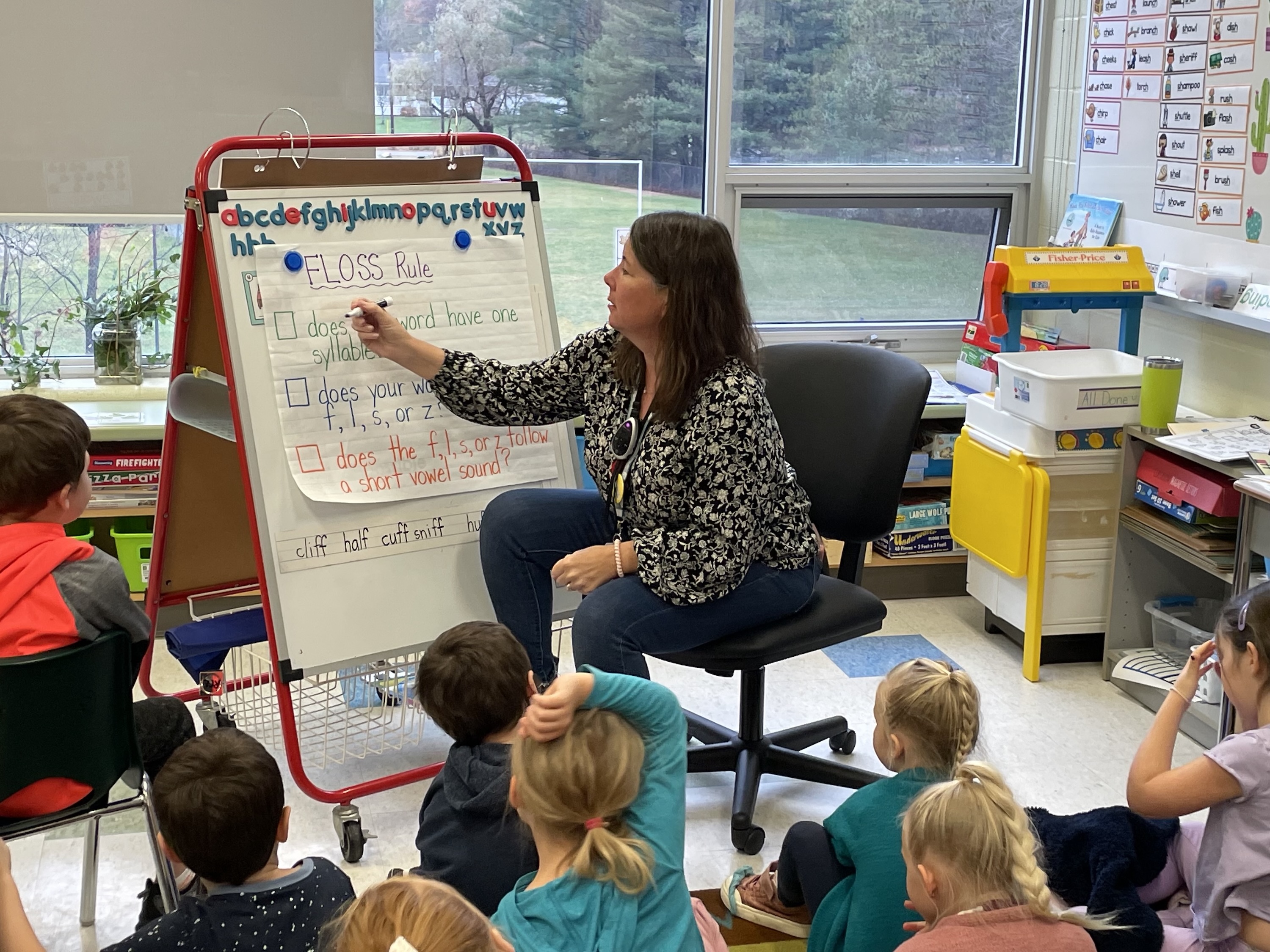
Who is CODE?
The Council of Ontario Directors of Education (CODE) serves as the unified voice for Ontario’s 73 publicly funded school boards. Our mission is to foster student and staff success both within and beyond the classroom by promoting safe and healthy environments conducive to teaching and learning. We achieve this by actively engaging with our members, providing informed advice to the Ontario Ministry of Education, and collaborating to address challenges, develop innovative solutions, and drive continuous improvement within the education system.
Our Mission
To lead, influence and build coherence in Ontario's publicly-funded education system.
Our Vision
The Council of Ontario Directors of Education (CODE), listens to and represents the voices and perspectives of Ontario's 73 school districts. Together we help create the best possible learning conditions for students and staff to reach high levels of achievement and personal well-being. We also implement and influence education policies and priorities and enhance public confidence in publicly-funded schools.

Committed to creating safe and healthy schools, helping students succeed inside and outside the classroom.
Upcoming Events





